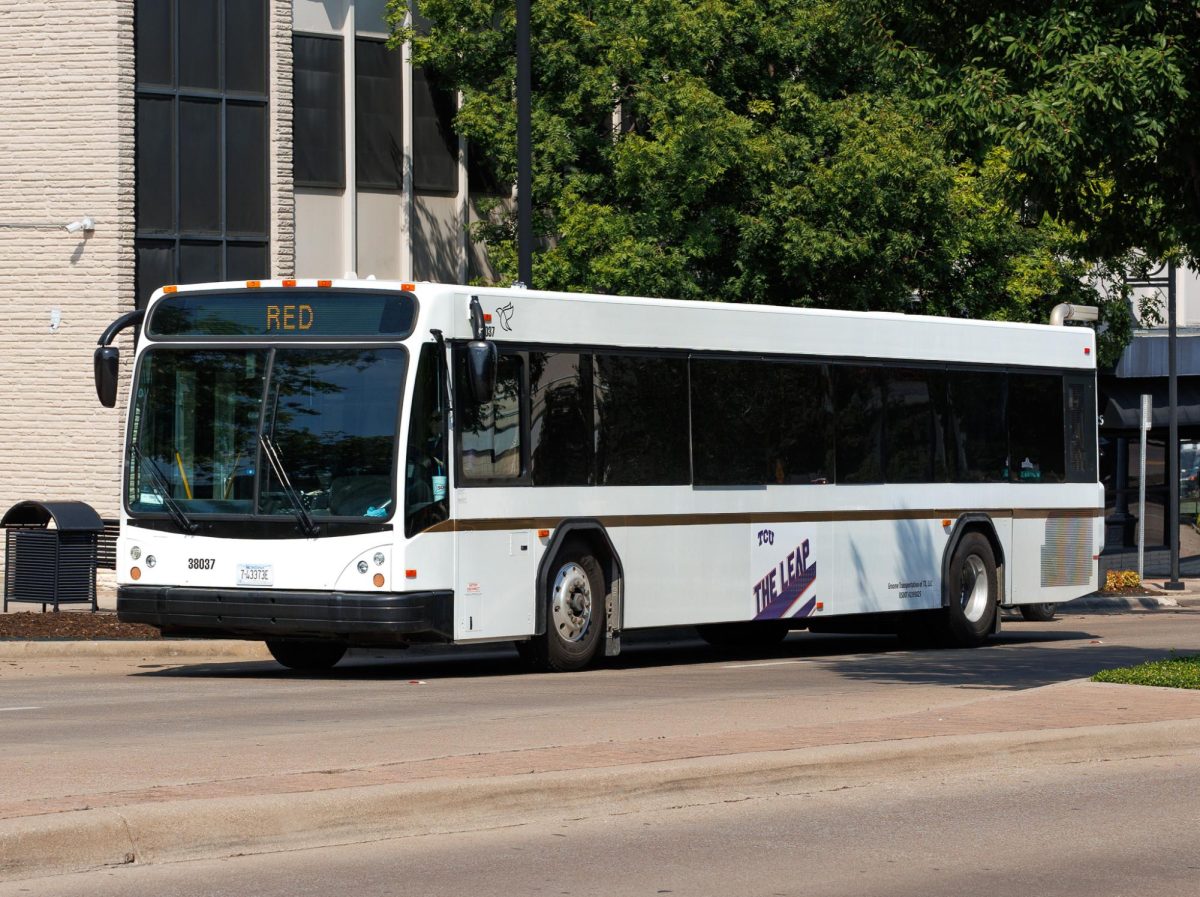Our current generation has been dubbed with an assortment of nicknames. From the “Dot.Com” generation to the “Millennial” generation, our age range has notably been given the opportunity to see, experience and communicate in ways that no others have.
We have lived in technological times beyond the baby boomers’ comprehension. We have occupied near and far, but now we have the ability to do something even greater – we can pick the president.
According to the Young Democrats of America, in 2008, nearly 45 million Millennials were expected to make up the largest potential voting block in the nation. This makes young voters the target for both the Democratic and Republican Party members.
It is without hesitation one can assume President Barack Obama used his celebrity-esque appeal to reel in young voters in 2008. He had this relatability and sense of assurance about him that he offered to Generation Y, which in turn helped him land a spot in the White House.
Never before had an election seen a mass of 20-somethings all donning “I heart Obama” T-shirts and countless MTV features. It worked for the president, and he took full advantage.
But what does this mean for this election? Many young people will have to decide whether or not to stay on the Obama bandwagon or shift positions to a more conservative stance. A study done by the Harvard Institute of Politics stated 52 percent of 18- to 29-year-olds think the country is “on the wrong track.”
With student loan defaults at an all-time high and unemployment rates in the double digits, those former Obama enthusiasts are conflicted by the discouragement that instances like this give. It is absolutely key for ballot holders to decide whether to give the president time to prove that he has not forgotten about them, or diverge themselves into the Republican platform and the potential assurance GOP candidates are offering.
Republican hopefuls are going to do everything in their power for this election to aim at the economic issues that target young voters and their best interests, especially if that means highlighting all of the areas in which Barack Obama has fallen short. It is important for the Millennials to gather accurate facts to ensure they will not be swindled into voting for a candidate who capitalizes on false hope.
So in which direction would a 20-something former Obama supporter head in 2012? The answer is to 76-year-old Texas Representative Ron Paul. Paul capitalizes on less government, personal liberty and ending all U.S. military involvement, which resonates with young people. Although Paul does not have the charismatic charm of our current president, his aims on freedom and typically unorthodox ideas light a fire within his supporters.
As for those who plan to stick around in hopes of a second term for Obama, the answer is easy – they just need a little reassurance. Obama needs to prove to young voters that universal health care is a good idea and not a step toward socialism. He needs to show them their future is safe, the jobs are coming and economic rehabilitation is on the way. It is unlikely the once 65 percent of 18- to 33-year-olds will come out and take over the ballots in the name of Barack Obama the way they did in 2008, but all hope is not lost.
Young voters just need to know their man still has their back.
Never has there been a more crucial time for young voters to go out and pick their leader; all of the resources are at our fingertips. From social networking to CNN, it is time for everyone to get informed and make steps toward a future that ensures success. This is a type of instance which camping out and peaceful protests will not solve – it is time to get informed, take a stance and cast a vote.
Andrea Masenda is a junior journalism major from Denton.




